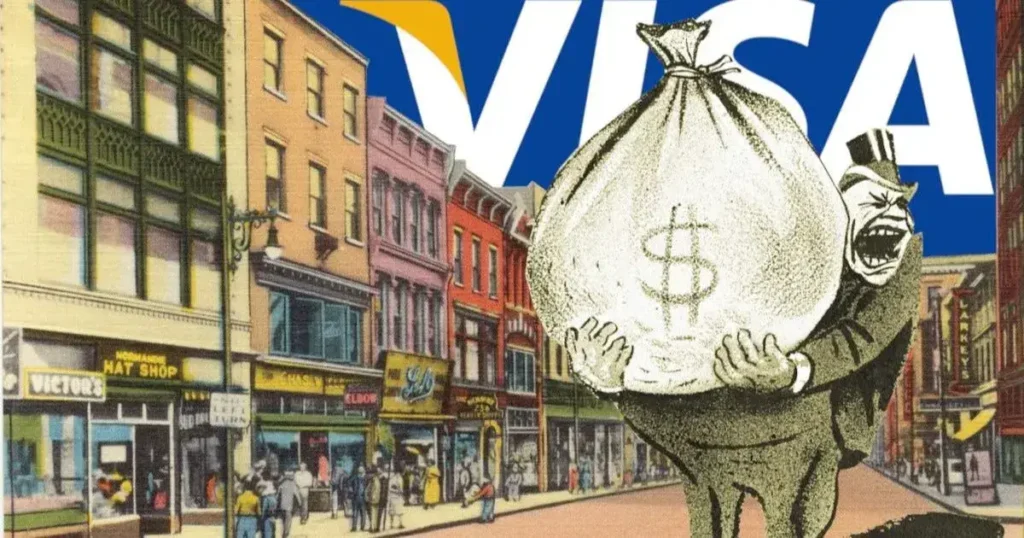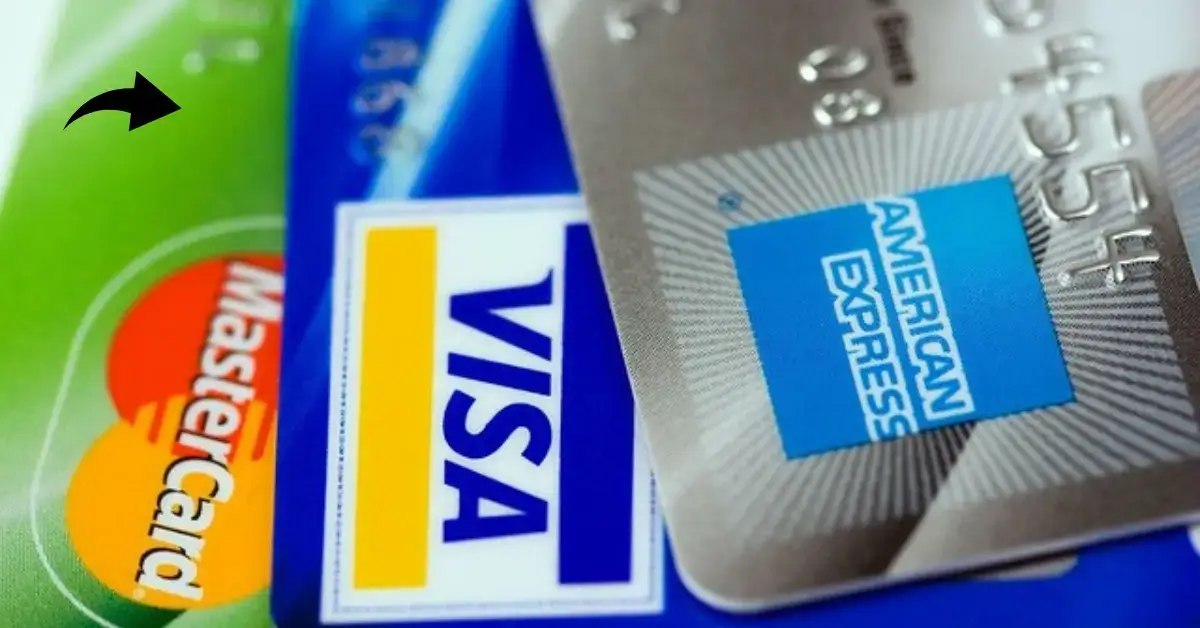Visa and Mastercard, which control 80% of the online credit card market, agreed in March to cap interchange fees at retailers that accept their cards.
The entire order appears to be sealed, but according to the case filings, the court finds that final approval of the settlement is unlikely and therefore denies the plaintiffs’ motion for preliminary approval of the settlement.
5 Key Takeaways from the Rejected $30B Visa, Mastercard ‘Swipe Fee’ Settlement
- Visa and Mastercard control 80% of the credit card network market.
- Agreement in March to limit interchange fees charged to retailers
- Proposed rollback of swipe fees by credit card companies
- Business owners are given more flexibility in managing card acceptance activities.
- Swipe fees are typically the highest operating cost for retailers after labor.

As we said earlier this month, we are disappointed by this development. We believe this settlement represents a fair resolution to this long-standing dispute, particularly by providing business owners more flexibility and control over their card acceptance activities,” Seth Eisen, senior vice president of communications at Mastercard, told The Hill.
A Visa spokesperson told The Hill about the company’s statement for swipe fee on June 13: “We remain confident that the proposed settlement is the right solution that resulted from long and thoughtful discussions with the merchant class.”
Read Also – Top 15 Best Startup Cities Around the World in 2024
Trade unions opposed the proposed settlement in March amid concerns that it would provide temporary relief from systemic problems.
It’s highly unusual for a judge to overturn a settlement early, so it shows how dangerous Visa and Mastercard’s requests are. Price Consortium Committee (MPC).

“The credit card payment market has been broken for decades. The retailer is also asking Congress to pass the Credit Card Competition Act, (swipe fee) a controversial bill sponsored by the senator.
Dick Durbin (D-Ill.) and Roger Marshall (R-Kan.) expressed strong opposition to the credit card industry.
The bill would require financial institutions with more than $100 billion in assets to offer two network options (and one that is not Visa or Mastercard) for processing credit card transactions.
“At this point, Congress’s passage of the Credit Card Competition Act is the only way to restore and fix the broken payment market truly,” Jones said.




